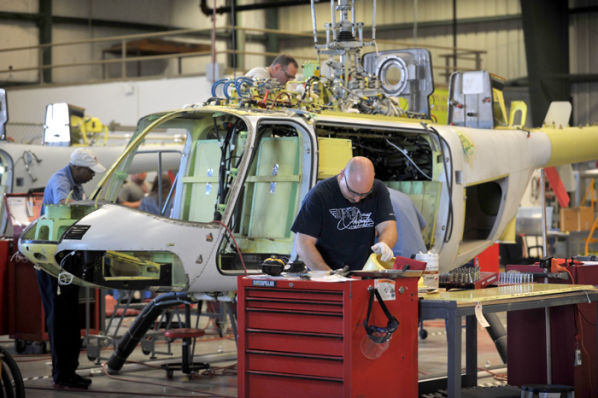

“We never had any bad shots come off the Little Birds,” Key says. A spray of bullets from a SAW, the gunners feared, would likely injure innocent people. Little Birds always had a SAW on board, but the M4s allowed for more precise targeting and engagement. But to avoid collateral damage, the gunners opted for smaller, lighter, more accurate M4 carbines. And in an urban environment like Baghdad, discerning combatants from non-combatants while wheeling circles in a helicopter made for a split-second decisions.īlackwater Little Birds were originally outfitted with Squad Automatic Weapons. The people Blackwater was protecting usually worked during business hours, which meant 90 percent of the company’s missions were flown in daylight. “We had one hundred percent success rate of every mission assigned to us.” “As long as a motorcade or convoy had aerial support, there was never an incident,” says Billy Briggs, who flew Little Birds for Blackwater and went on to become deputy project manager in Baghdad, and eventually project manager from Moyock, North Carolina.

But considering the amount of exposure the pilots and their aircraft endured, Blackwater Aviation had an outstanding performance record in Iraq. But all it took was one bullet to change that.”Īnd one bullet was enough to ground the 412 and earn it a friendly payload of C4. When things were good, they were pretty good. There were consequences to playing in that arena. “When I was interviewing and hiring people,” Key says, “I always tried to scare them off from the get-go, because I didn’t want anyone going over there thinking this was an easy game. Such are the stakes of operating in a war zone. And anyone in Baghdad at the time likely remembers the pall those wrecks cast over Americans there. Losing the aircraft was costly, but losing the men was the worst imaginable. Erik was not happy… That was a rough week.” “And let me tell you, that was not a fun call to make. “I had to make the call to Erik after that,” says Terry Key, site manager for Blackwater in Baghdad and then later head of aviation for the company. Both aircraft were total and significant financial losses. The Bell 412, which is essentially a twin-engine Huey and more expensive than a Little Bird, was self-insured.

Insurance on the downed Little Bird was nullified by the war clause. The helicopter and crew landed safely but the US Army destroyed the helicopter after determining that recovering it was too dangerous. A week later, Blackwater lost a Bell 412 helicopter north of Baghdad when a 7.62 round pierced the aircraft’s its gearbox. That incident cost the lives of five contractors. On January 23, 2007, one of the company’s MD 530F Little Bird helicopters was shot down in Baghdad while providing aerial support for an attacked convoy. Five years ago, Blackwater had a very bad week.


 0 kommentar(er)
0 kommentar(er)
